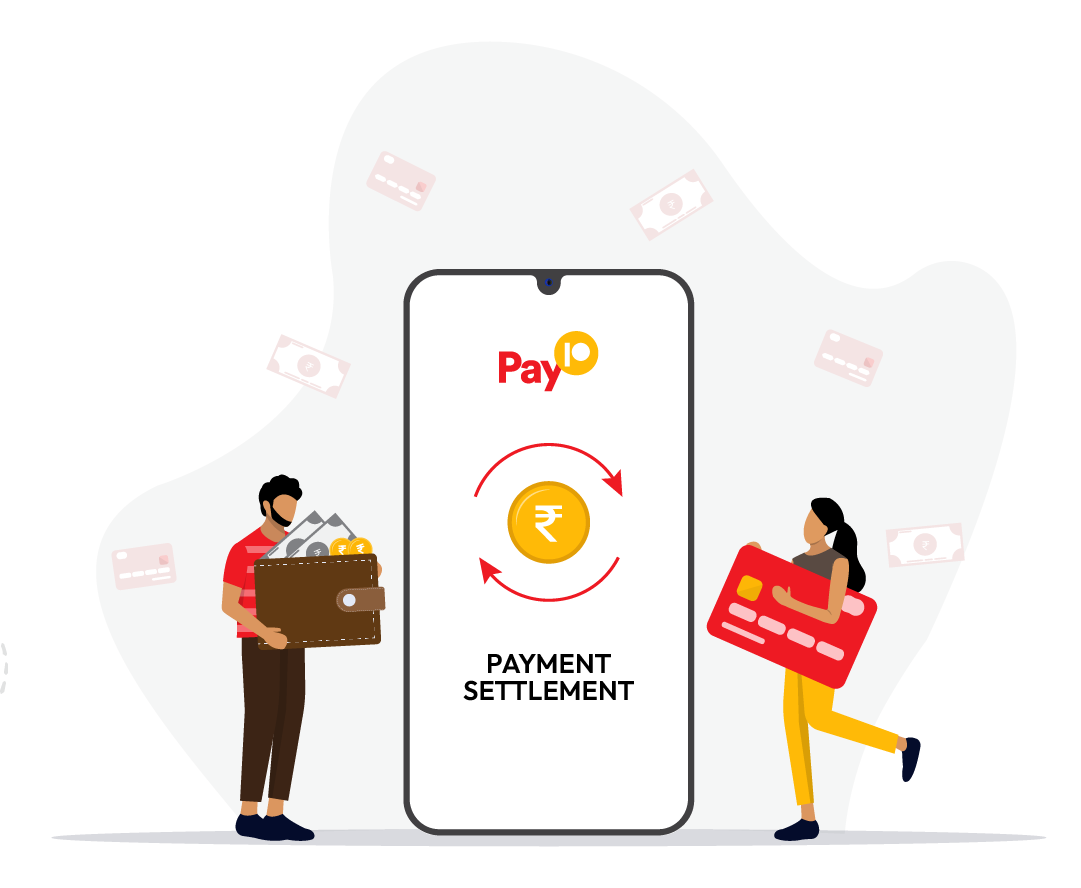Innovation and advanced technology are resulting in the swift progress of the FinTech Industry, ensuring a robust digital economy. The regulatory authorities and government are helping the digital payment ecosystem to evolve with a stern focus towards building a ubiquitous and inclusive payment experience for customers. Payments and Settlements are the backbones of an economy and play a crucial role in elevating businesses. Let’s understand what Payment Gateway settlements are, and what are the potential benefits of quick settlements on merchants and customers.
What is a Payment Gateway Settlement?
Payment gateway settlements are the transactions that are deposited to the Merchant’s bank account after the deduction of the levied charges. A payment Gateway is a service that allows businesses to accept digital payments from their customers. In a business, the liquidity rate increases if it takes longer to receive payment gateway. The payment ecosystem is a resultant combination of players that interact with each other during the payment transaction process. These players include issuers, acquirers, value-added resellers, and payment facilitators.
How Does Settlement Mechanism Work?
Payment Gateways keep the payments effectively functional as it takes care of the online payment from purchasers and associations. Settlement is the procedural interaction through which a trader gets paid by their end clients in return for a service or product. Here is the basic procedure of Payment Gateway Settlement.
Step 1: Order Created by Client
At the point of checkout, the cardholder puts in the card details on the checkout form to pay for the product or services they have purchased from the vendor.
Step 2: Payment Authentication
Once the authentication is successfully done via OTP, the money is debited from the card holder’s account. Post the debit the payer receives the confirmation notification for the same.
Step 3: Payment Routed to Acquiring Bank Partner
The Transaction amount is routed from the card network to payment Gateway’s acquiring bank partner.
Step 4: Final Settlement
As soon as the payment Gateway receives the amount, it settles it to the acquirer’s bank account after the deduction of a service charge/fee. This will take up to T+2 or T+3 days. However, this period can shift depending on the payment settlement instrument and settlement cycle.
Payment settlements might look plain sailing, yet it takes time to execute the entire process. The primary reason why Payment Gateway Settlements are not instant is that money movement at every step of the process is not immediate. The settlement time is derived, based on the mode of capture and the terms agreed upon with the PSP when availing the service, i.e., T+2 business days or T+3 business days (T = Date of Payment Capture.)
What is a Batch?
A batch is referred to as a group transaction that has been processed but is yet to be settled. When a transaction gets approved, it is added to the batch. The unsettled batch is called an “Open Batch”. Transactions can be voided or reversed from an open batch if needed. As a matter of fact, voiding a transaction is cost-efficient as compared to refunds.
Settlement Mechanism
There are two phases involved in authorising transactions. The first phase is the authorisation, which can be explained as the process of verifying the card for authenticity and funds available are reserved for future settlements. While the other phase is, settlement. when batches are sent out the funds that were reserved during the first phase are withdrawn from the card holders account and transferred to the merchant’s account.
There are two types of payment settlement mechanisms:
1. Terminal Capture:
When a merchant’s account is set under the Terminal capture, he is completely responsible for the settlement process. To execute this type of settlement, the merchant is required to have confidential data which is further used to build batches of transactions which further require settlement.
2. Host Capture:
In a Host capture settlement, the integrated payment gateway is responsible for settling the transactions and managing everything that is required for settlements such as authorisation. Host capture allows merchants to authorise transactions without storing sensitive data through the process of authorisation and settlement.
Waiting for payment settlements can bring liquidity crunch and, fortunately, a quick payment settlement system streamlines the operational costs of a business. Quick Settlement can also yield a better customer experience leading to an increase in revenue. Pay10 is a trusted Fintech service provider and payment facilitator in India. With our device-agnostic payment platform, we have gained the reputation of one of the leading PSPs within national boundaries. We partner with issuers, merchants, acquirers, and network operators for processing, reconciling, and settling a myriad of transactions annually through our impeccable platform.

